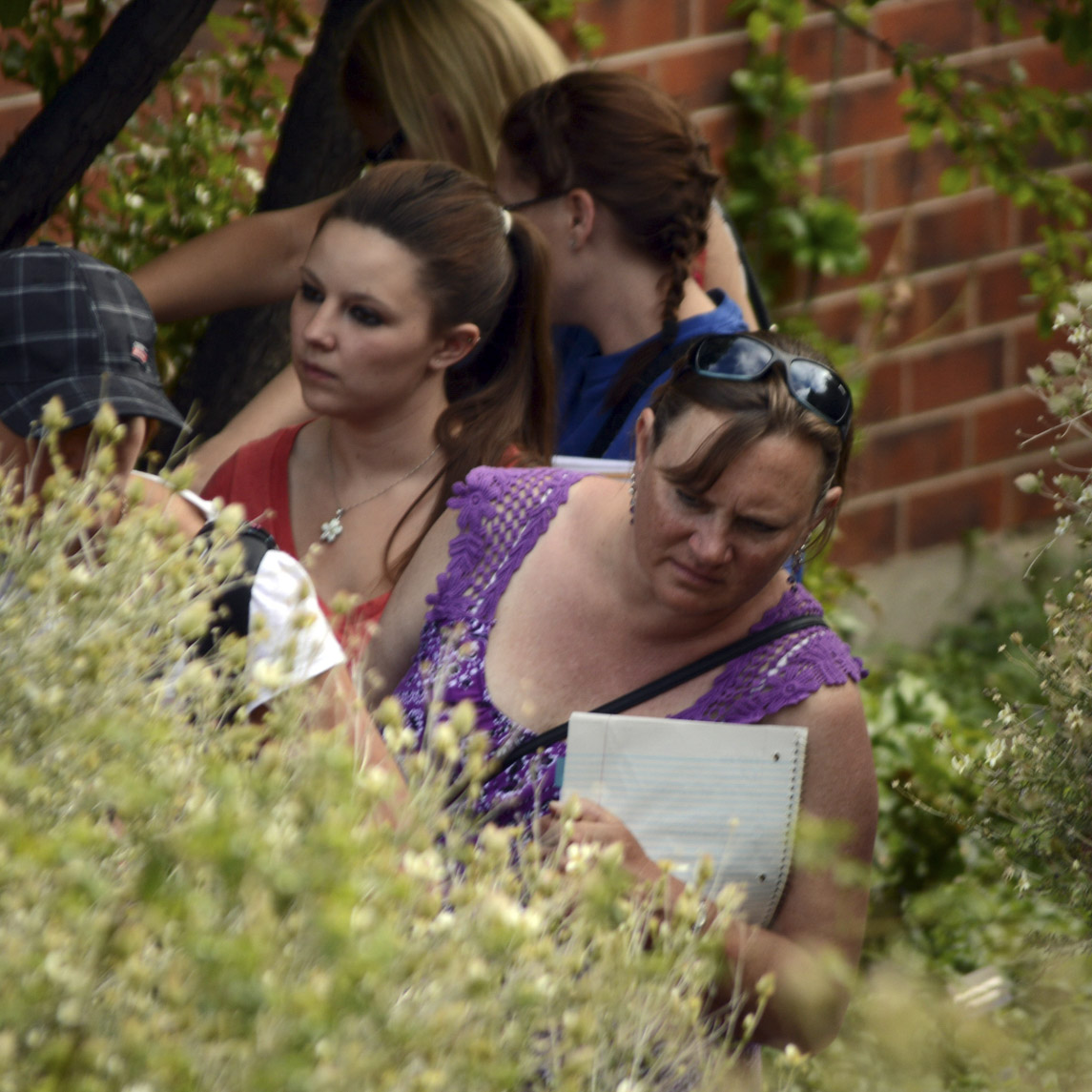• What to Expect - Student and Parent Expectations about College
• Financial Aid Overview - What Parents Need to Know about Financial Aid
• College Resources - Programs and Supports Available to Students

You can encourage your student to talk about what they are learning. Listening to their experience creates a shared understanding. Ask questions. Learning often brings new understanding, perspective, and ideas - to parents and the whole family!
Laying the foundation for a good college experience starts with expectations.
Below are questions to that can guide a conversation with your student about your
- and their - expectations of college and the college experience at Pikes Peak.


• Feelings of excitement and a sense of possibility • Feelings of anxiousness • Testing new stage of life and responsibilities, freedom, and independence • Anxiety about professors, classes, financials, new schedules, policies, and procedures • Challenges with managing time, responsibilities, schedules, habits • Stress related to homework and exams

• Excitement and sense of possibility shifts to feeling overwhelmed and busy with academics and responsibilities • Possible new friendships emerge, or possible loneliness for peer relationships with changes in college schedules and locations of friends • Student may question, “Do I fit here?” or “Did I make the right choice in enrolling at PPSC?” • First grades are returned • Midterm exams take place • Midterms grades are returned

• Many papers and exams due before a school break • Increased academic pressure, especially if procrastination is experienced • Potential to cope with stress through non-productive behaviors (lack of sleep, poor eating habits, alcohol consumption, or lack of exercise) • Common to experience onset of illness (cold, flu, strep, etc.) if self-care is compromised • Financial stress of running low on funds

• Anxiety over preparations for final exams • Excitement and/or anxiety for the end of the semester (final grades, a new transition) • More time spent in study groups, tutoring center, and/or class projects • Exhaustion • Sense of accomplishment and/or disappointment in their performance in courses

Each course is a specific number of credits.
The number of credits equals the number of lecture hours in that course each week. For example, a three-credit course is three hours of lecture each week.
For every hour of lecture, a student should anticipate another one-to-three hours of work outside the lecture.
Generally, a student enrolled in a three-credit course can expect five to nine hours of coursework each week of the course (if the course is taken in a 16 week semester). This means three hours of lecture, plus two-to-six hours of homework and studying.
Where and when a student studies and completes assignments is a personal choice.
However, students benefit academically and socially from engaging with classmates in study sessions, homework sessions, and class projects.
When students stay on campus to complete homework, they can:
Participation in Student Life:
Your student is in college to pursue a degree or certificate, and to learn about themselves, our diverse world, to network, learn from others, and explore their interests through new experiences.
Student Life activities, clubs and organizations, and volunteer opportunities provide a platform for increased learning, growth, and social connection.
Many of PPSC's students work while attending college.
The number of hours a student works is an individual choice based on the circumstances and choices in a student's life.
We encourage students to prioritize the time necessary to be successful in their courses. Students are paying money, and investing time and intellectual resources to learn. Making this investment the priority in the short term likely provides the student with the most opportunity to succeed in passing courses and graduating in the time they have planned.
Students can explore jobs on campus through our Career Services department!
Students and families might have assumptions about what college "should" look and
feel like. Often, these "shoulds" are myths!
At PPSC, we strive to help every student succeed in meeting their educational goals.
Our Student Services departments, staff, and instructors are here to serve students.
We believe all people benefit from a "Growth Mindset"; that every person has the capacity to improve and develop their knowledge, skills and abilities with effort and learned strategies.
College is a community!
PPSC provides many opportunities for students to get involved in Student Life, and to build community.
Students will get more out of their time in college by:
When a student finds a course difficult, it means that they are challenged by the material.
Sometimes students need help to succeed - this is why PPSC has free tutoring, and why professors have office hours!
Encourage your student to ask for help early and often.
Every student arrives at college with academic strengths and challenges. Learning
can be challenging and uncomfortable! In fact, most people learning something new
feel vulnerable. It takes courage to be vulnerable.
Encourage your student, especially when things are not easy.
Family is an anchor for students, and your belief in your student's ability to persist is a foundational emotional support.
Understanding that courses will be hard at times gives students permission to ask questions, ask for help, and seek learning strategies that support learning.
Professors teach at PPSC because they value getting to know their students!
Professors teach material, and they:
Encourage your student to help their professors get to know them as a student! Encourage them to ask questions in class and visit during office hours.
Failing a course means the course was difficult. It does not mean the student should not continue in college.
If a student fails a course, they can retake the course in a subsequent semester.
Once the student passes that same course, their new grade will replace their failing grade (and only the new grade applies to their GPA).
If your student is struggling in a course, encourage them to (early and often!):
